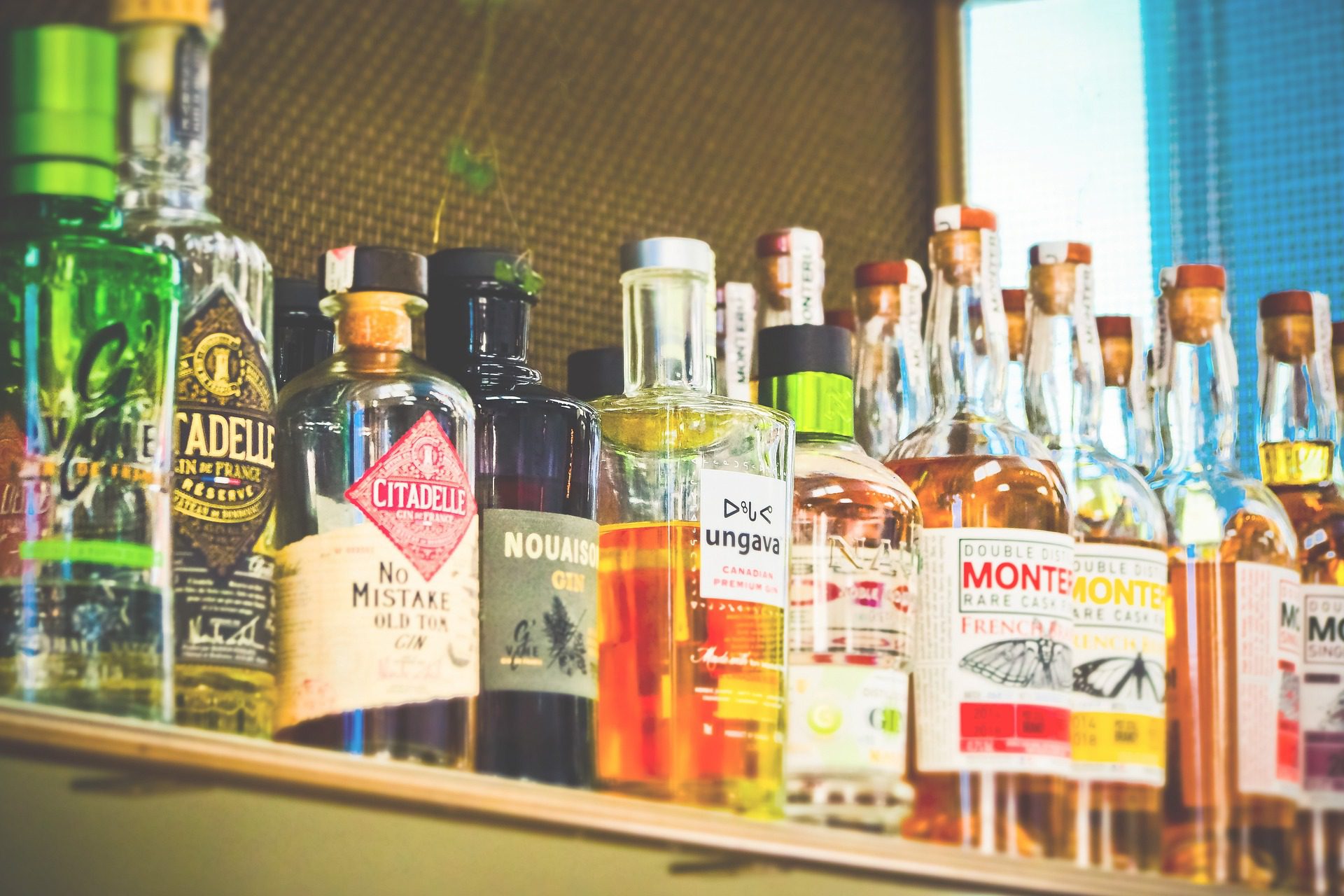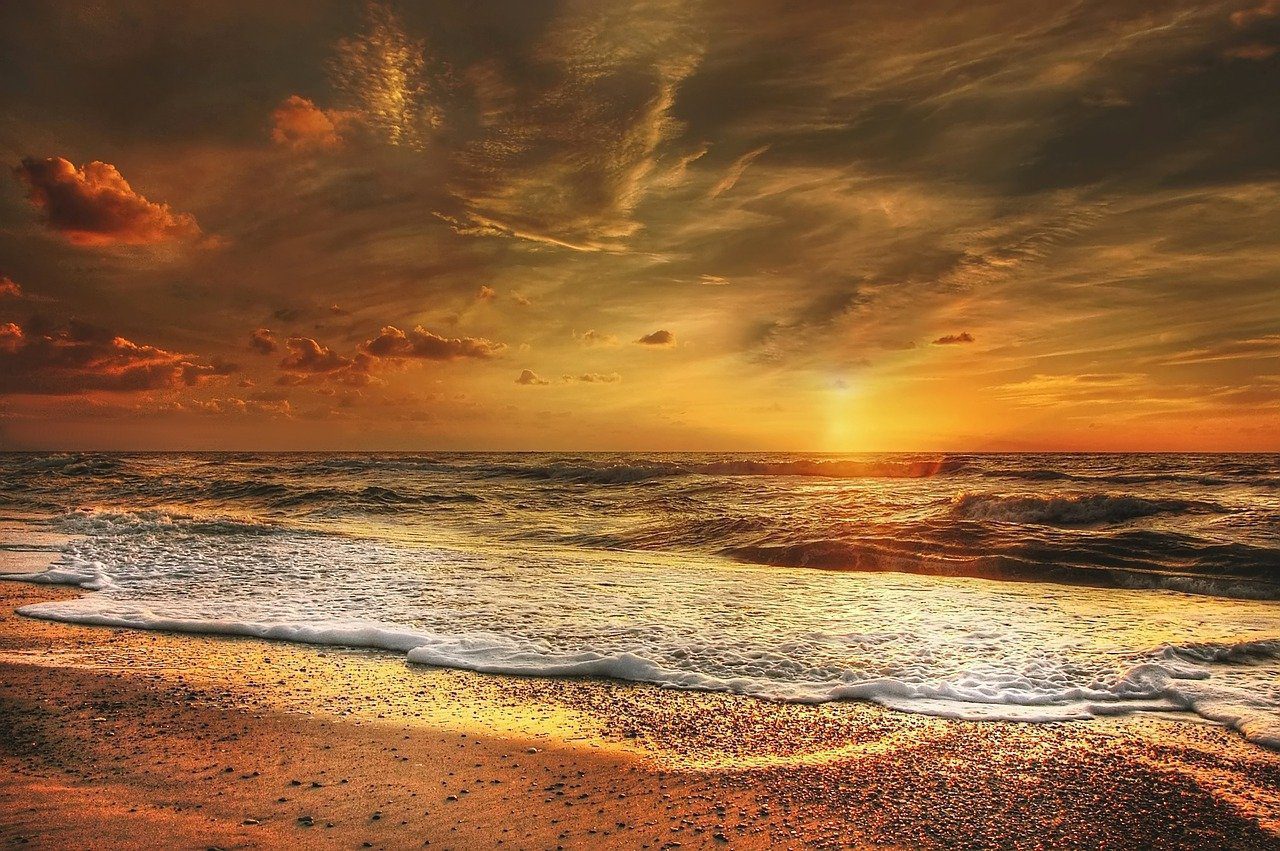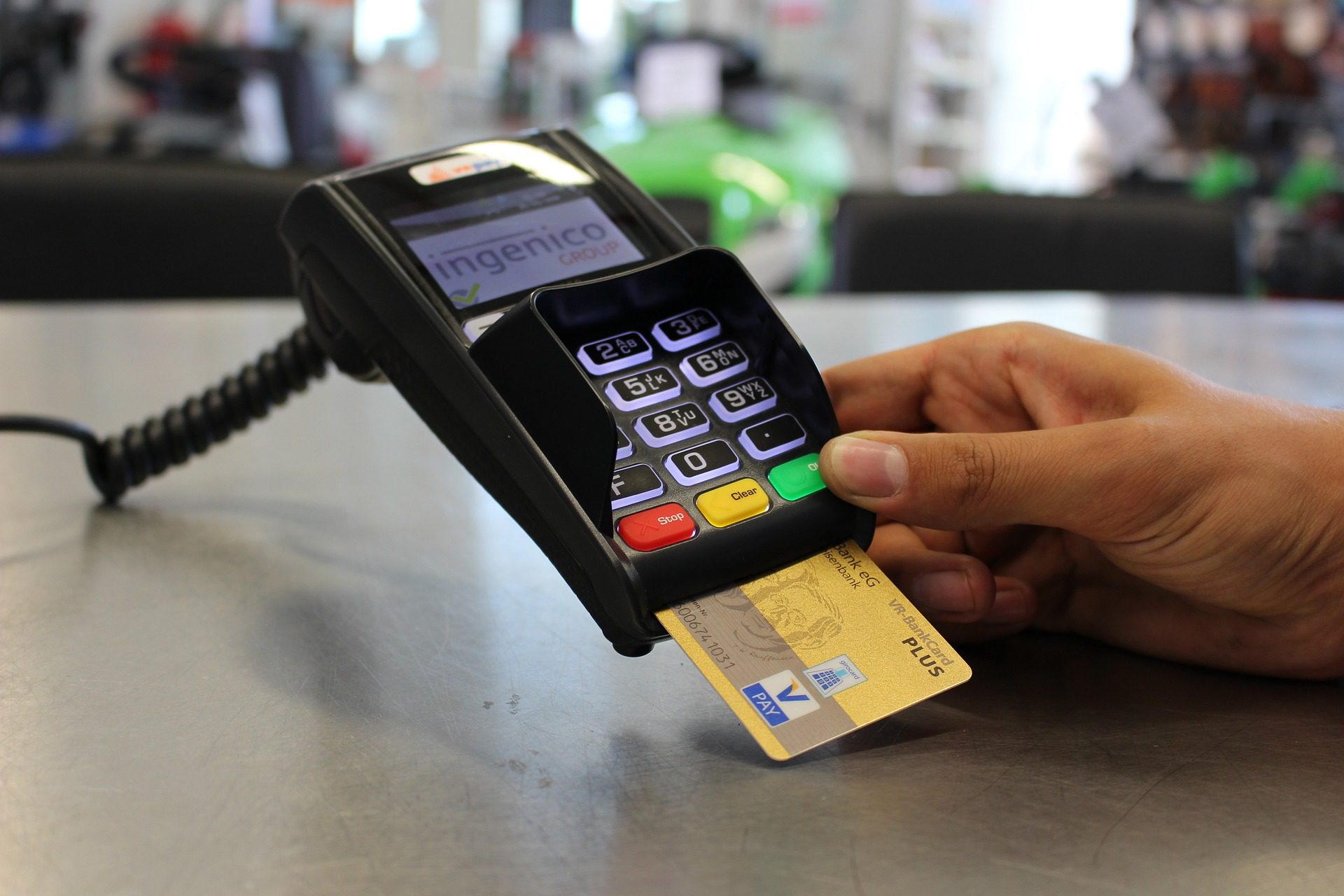

Serving alcohol at your hotel, restaurant, B&B or pub is a great way to boost your revenue thanks to the high margins that come with alcohol, but you’ll need an alcohol licence to do so legally.
What are the different types of alcohol licences?
There are two types of alcohol licences: a premises licence and a personal licence.
A premises licence authorises a venue for licensable activities, including the sale of alcohol.
A personal licence permits somebody (typically a business owner or manager) to become a Designated Premises Supervisor (DPS).
How to get a premises licence
You need to apply to your council for a premises license, and this can be done either by post or online, provided your local council accepts digital applications.
There are different online applications depending on where in the UK you are: England & Wales, Scotland, and Northern Ireland. The postal forms are available here and are the same across the UK.
The cost of your premises licence will vary based on the rateable value of your property (how much the property would rent for) and can cost from £100 to £1,905.
The premises must have a designated DPS when applying for a licence, and the DPS must hold a personal licence.
When applying for your premises licence, you will need to provide your council with details of you and the DPS as well as a detailed plan of the premises and an operating schedule (including details of when alcohol will be sold).
How to change a premises licence
If you need to change any details to your licence, you will need to apply for either a minor or full variation to your location council.
Minor variations cost £89 and cover small changes to the license, such as reducing the hours you sell alcohol, the removal of irrelevant conditions or the removal or addition of other licensable activities (such as playing live music or showing a film). You can begin the minor variations application process by downloading a form from the GOV.UK website.
Full variations cost the same as the original application for a premises licence and follow a very similar process. Full variations include extending the opening hours of your business, making major changes to the premises or the bar layout, selling alcohol between 11 pm and 7 am, or increasing the number of hours during which alcohol may be sold.
How to get a personal licence
You’ll need to gain a Personal License Qualification as part of the personal licence process; the qualification takes about a day and the assessment is done via a multiple-choice exam.
The personal licence itself costs £37 but you may also need to pay for a DBS check which costs £25.
You can apply for a personal licence through the GOV.UK website.
What is the Designated Premises Supervisor responsible for?
Being responsible for the premises means there are certain duties the DPS must take care of; the DPS is the first point of contact for the local council and the police
The DPS must ensure ID is provided where necessary. Most premises subscribe to the Challenge 25 policy where anyone who looks 25 or under needs to present an acceptable ID (driver’s licence or passport) that proves they are over 18.
The DPS is also responsible for the bar serving legal measures:
- Wine: 125 ml, 175ml
- Spirits: 25ml, 35ml
- Draught beer and cider: full pint or half, third or two-thirds of a pint
- Fortified wine: 50/70ml
- And multiples thereof, e.g. a cocktail may include a double shot of a spirit, or a large glass of wine may be 250ml.
Jiggers and spirit measures make it easier to serve correct volumes.
What else do I need to know about alcohol licensing?
You must display your ‘license summary’ at your venue in a place where it can easily be seen. You should keep the other pages of your licence in a safe location at your premises; the council or police may inspect them at any point. Failure to provide your licence may result in a fine of up to £1,000.
Premises licences typically come with an unlimited duration, so you don’t need to reapply for them (unless you need to make variations). There is, however, an annual fee – find out more here.
Selling alcohol without a licence can lead to a fine of up to £20,000 and/or a prison sentence of up to 6 months.
If you are thinking about opening a hotel, B&B, restaurant or pub, we can help with financing. Get in touch today to find out how we can help you start or grow your business.



